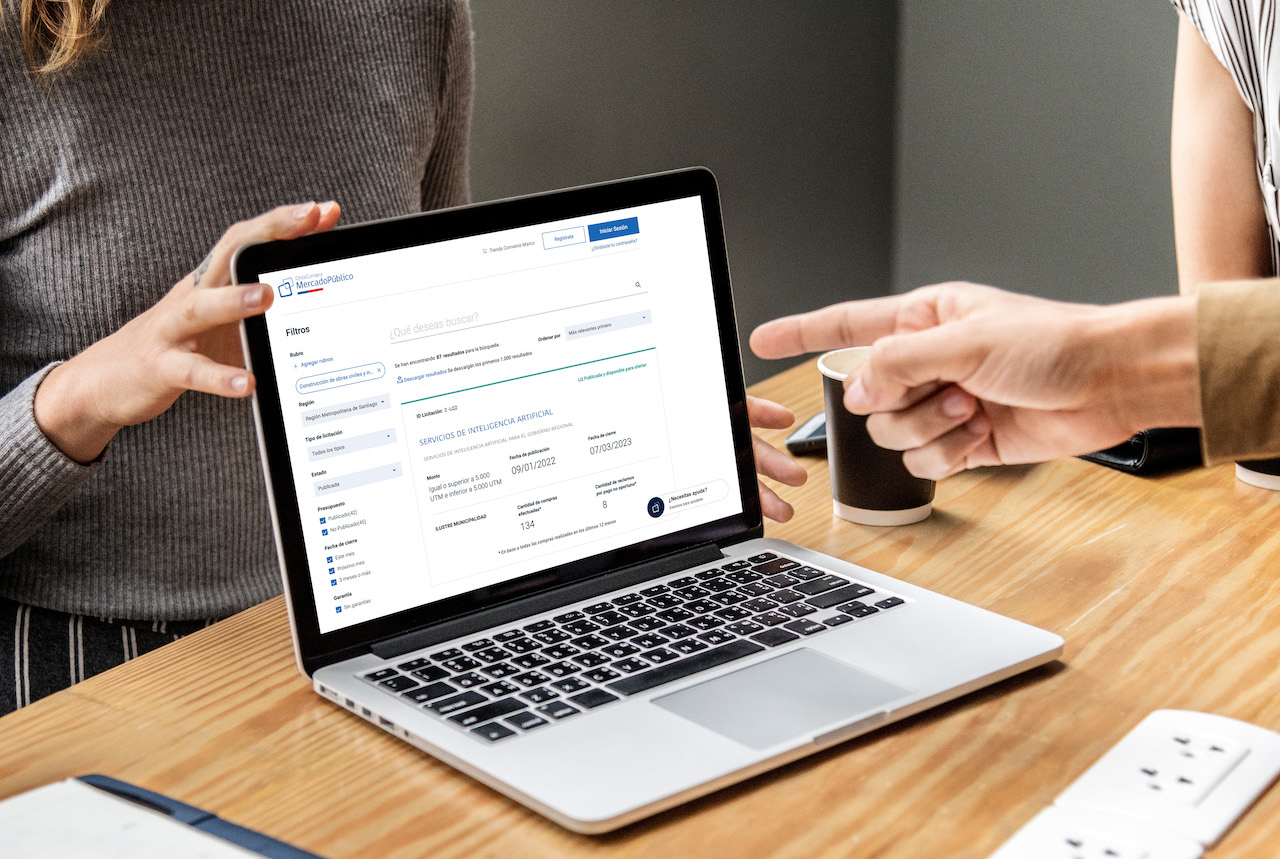
On the occasion of the World Open Data Day celebration, the Open Data Day 2019 seminar was held in the Bicentennial Currency building where experts from different sectors.
UAI academics participate in the celebration of World Open Data Day
March 5, 2019
On the occasion of the World Open Data Day celebration, the Open Data Day 2019 seminar was held in the Bicentennial Currency building where experts from different sectors promoted and discussed the publication and use of open data.
Among the exhibitors who were invited to the event, two UAI academics were present: Carlos Franco, professor of the School of Communications and Journalism, and Andrés Letelier, academic director of the GobLab UAI, the public innovation laboratory attached to the Government School.
Letelier started from the premise that “we must try to moderate the information; the excess of information is misinformation ”. In this sense, he referred to the idea of Big Data, defining it as “the massive use of data to perform analysis that allows better decision making. These analyses use statistical and computational procedures to find repetitive patterns within large amounts of stored data.” Letelier said that the usefulness of this process is reflected in the increase in efficiency and the decrease in costs for organizations, in the improvement of decision-making by achieving data processing in a shorter time and by generating new products and services.
Also, the academic explained the concept of “the 5 V” of Big Data, which describes the five essential characteristics of data: Speed (speed with which the data is generated), Volume (large amount of data that is constantly produced ), Variety (wide diversity of typologies and sources of data collection), Veracity (degree of reliability of the data) and Viability (knowledge and useful information obtained from the data).
Franco, who is also the director of the UAI Data Observatory, gave a workshop in which he explained how journalistic content can be generated through open data analysis. The exercise presented by the academic focused on the search of the directories of Chilean state-owned companies with the objective of verifying the participation of women within them. The investigation revealed that of the 164 directors of all public companies in the country, only 48 are women, and even in some companies the female presence is nil, as in the case of Codelco.
“Data visualization not only helps the public to better understand the results of journalistic work but also the data-reporter and his team to detect other findings that may have been overlooked and are even more interesting,” Franco explained. However, the professor stressed that you should always verify the sources of the information so as not to fall into fake news: “One thing is that the internet and digital technologies provide you with access to data, and another is that they give you the correct data. Then, the journalist should do what he was trained for and consult with a relevant source”, he said.



